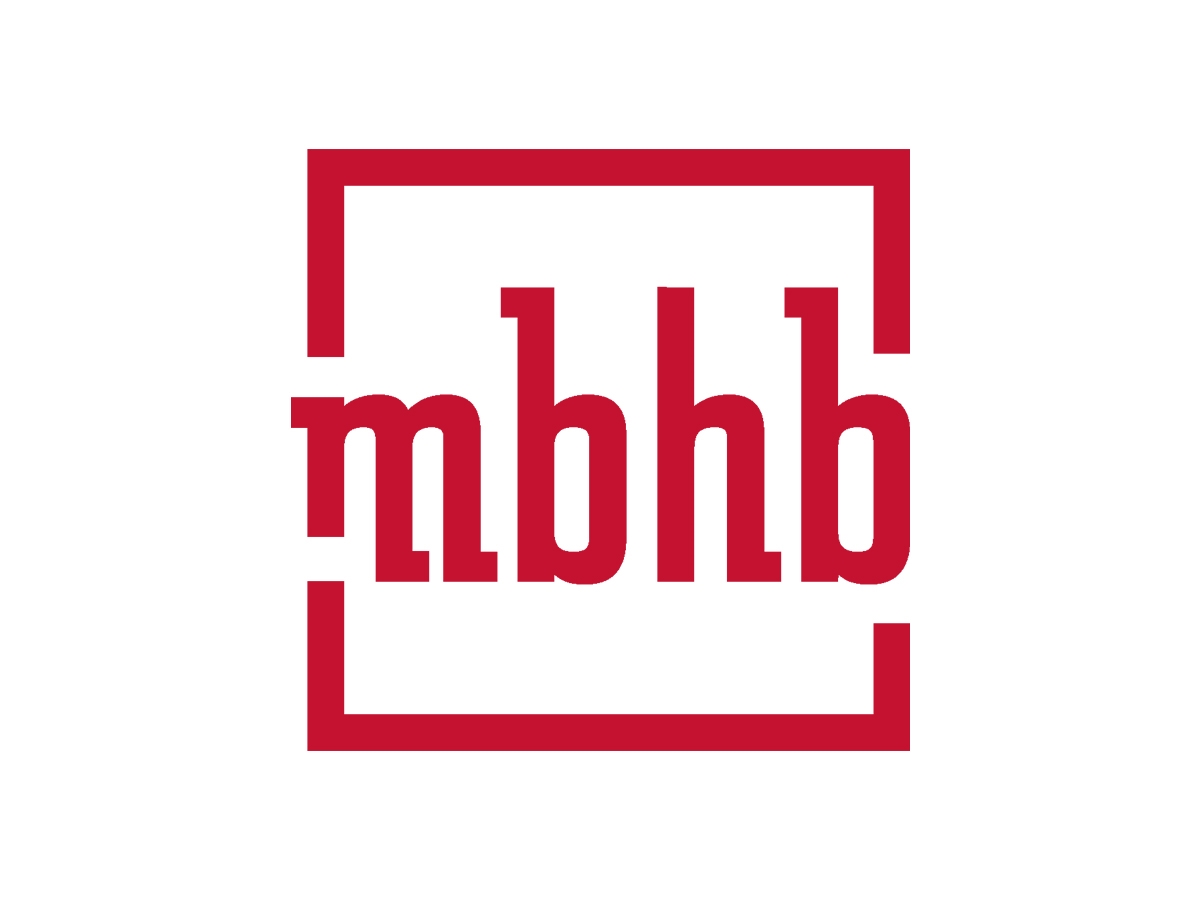Parody on the Rocks? Supreme Court Sides with Jack Daniel’s in Trademark Parody Case | Cozen O’Connor
In a unanimous decision1 issued on June 8, 2023, the United States Supreme Court sided with liquor giant Jack Daniel’s in a trademark dispute involving whiskey and dog toys, “two items seldom appearing in the same sentence.” In doing so, the Court ruled that a party may not use a trademark to designate its own goods and avoid a trademark infringement claim by arguing that the product is expressive or a form of parody.
VIP Products sells a line of “Silly Squeakers” dog toys that look like, and parody, popular beverage brands. One of these toys resembles Jack Daniel’s iconic whiskey bottles, except the various trademarks on the plush dog toy bottles have been replaced. Instead of “Jack Daniel’s” and “Old No. 7 Brand Tennessee Sour Mash Whiskey,” VIP Products replaced Jack Daniel’s marks with “Bad Spaniels” and “The Old No. 2 on your Tennessee Carpet.” Although VIP Products included a disclaimer that the dog toy was not affiliated with Jack Daniel’s, Jack Daniel’s nonetheless believed that the toys infringed upon its trademarks, leading consumers to believe that the toys were affiliated with Jack Daniel’s, and diluted its famous trademarks by associating the whiskey brand with “dog excrement.”
VIP Products lost at trial, with the court finding that consumers were likely to be confused. VIP Products appealed, and the Ninth Circuit Court of Appeals reversed. In the Ninth Circuit’s view, the Bad Spaniels toy was an “expressive work” entitled to First Amendment protection under the Rogers Test. In deference to the First Amendment, the Rogers Test precludes a trademark infringement claim unless the trademark owner can show:
- the alleged infringing use “has no artistic relevance to the underlying work” or
- it “explicitly misleads as to the source or the content of the work.”
If neither prong of this threshold inquiry is satisfied, the infringement claim fails before the court considers more traditional considerations, such as the likelihood of confusion.
The Supreme Court concluded that a trademark owner does not need to satisfy the Rogers Test “when an alleged infringer uses a trademark in the way the Lanham Act most cares about: as a designation of source for the infringer’s own goods.” In other words, even a parody of a trademark is not entitled to First Amendment protection where the parody itself is used as a trademark. Since VIP Products used “Bad Spaniels” as its own trademark to designate the dog toys, the Supreme Court held that it was inappropriate for lower courts to apply the Rogers Test.
Having resolved whether the Rogers Test applies, the Supreme Court considered whether the Lanham Act’s exclusion of liability for non-commercial use of a mark shields parody, criticism, or commentary use from trademark dilution claims (claims involving famous marks). The Ninth Circuit concluded that VIP Products’ use was non-commercial because it parodied Jack Daniel’s marks to convey a humorous message. The Supreme Court rejected this view, holding that “the noncommercial exclusion [for dilution claims] does not shield parody or other commentary when [the] use [] is similarly source-identifying.”
The Supreme Court’s decision, while narrow, makes clear that parodic use of a mark that also functions as a source identifier does not shield the use from infringement or dilution claims. Thus, when you use a variation, even a humorous one, of another’s trademark as your own trademark, you may be barking up a potentially litigious tree.
1 Jack Daniel’s Properties Inc. v. VIP Products LLC, No. 22-148, (U.S. June 8, 2023).






